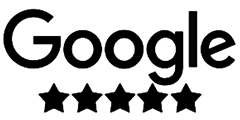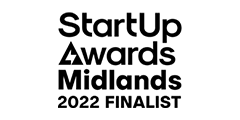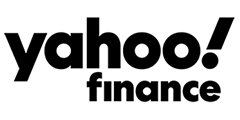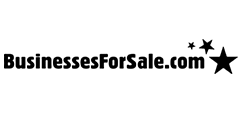Blog
In this blog, we will define, explain and explore the key differences between a small business and a startup.

October 30, 2023
Category
Business
In the world of business, the terms "small business" and "startup" are often used interchangeably, but they are not the same. Each represents a distinct type of business venture with its own set of characteristics, goals, and challenges. In this blog, we will explore the differences between a small business and a startup, shedding light on what makes each unique.
Definitions
Small business
A small business is typically a privately owned enterprise that operates on a small scale. These businesses may encompass various industries, from local mom-and-pop shops to small online retailers. The defining feature of a small business is that it is usually established to generate a stable income and serve the local community.
Startup
A startup, on the other hand, is a young, innovative company with a focus on rapid growth. Startups are often technology-driven and have a disruptive business model. They aim to capture a significant share of a market, which often requires substantial investment and scaling up quickly.
Key characteristics of small businesses
Ownership structure
Small businesses are commonly family-owned or run by a single entrepreneur. They have a limited number of employees and may not have the intention to expand beyond a certain size.
Scale and scope
Small businesses typically operate on a local or regional level, serving a specific customer base. They aim for stability rather than rapid growth.
Growth
While small businesses aim to grow, their growth is usually steady and incremental, and they prioritise maintaining a loyal customer base.
Key characteristics of startups
Innovation
Startups are known for their innovative products or services, often using technology to disrupt traditional markets.
High growth potential
Startups seek exponential growth and aim to capture a large market share in a short period.
Risk tolerance
Startups are more willing to take risks, as they are often operating in uncharted territory, and their success may depend on breaking established norms.
Key differences between small businesses and startups
Growth goals
Small businesses usually aim for steady, manageable growth, while startups pursue rapid and significant expansion.Funding sources
Small businesses are often self-funded or rely on traditional financing methods. Startups seek venture capital or angel investors.Business models
Small businesses typically follow proven business models, while startups experiment with new and disruptive models.Challenges faced by small businesses
Small businesses may face challenges related to cash flow, competition, and adapting to changing market conditions. They often struggle to attract investment due to their slower growth potential. Small businesses face several challenges, including:
Limited Resources
Small businesses often have limited financial resources, making it difficult to invest in growth initiatives, marketing, and innovation.
Competition
Small businesses may struggle to compete with larger, more established competitors with greater resources and brand recognition.
Market saturation
In certain industries, small businesses may face market saturation, making it challenging to expand their customer base.
Regulatory burden
Complying with regulations and licensing requirements can be burdensome for small businesses, adding to their operational costs.
Challenges faced by startups
Startups face challenges related to market acceptance, securing funding, and managing rapid growth. They must also deal with a higher level of uncertainty and risk. Startups encounter their own set of challenges, including:
Funding uncertainty
Securing funding can be a constant challenge for startups, as investors often require proof of concept and potential for rapid growth.
Market acceptance
Convincing the market to accept and adopt innovative products or services can be difficult, as people are often resistant to change.
Talent acquisition
Recruiting top talent can be a struggle for startups, as they often compete with established companies for skilled professionals.
High burn rate
Rapid scaling requires substantial investment, which can lead to a high burn rate, putting pressure on financial sustainability.
Conclusion
In summary, the key difference between a small business and a startup lies in their growth objectives, funding sources, and business models. Small businesses aim for steady growth, while startups pursue rapid expansion and innovation. Both have their unique challenges and opportunities, and their success stories inspire entrepreneurs worldwide.
FAQs
Q: Can a small business become a startup?
A: Yes, some small businesses can pivot and transform into startups if they identify innovative growth opportunities.
Q: What are some famous small business examples?
A: Local coffee shops, neighbourhood grocery stores, and family-owned boutiques are examples of small businesses.
Q: Do startups always need external funding?
A: While startups often seek external funding, some may start with their own resources or bootstrap their way to success.
Q: Are startups more likely to fail than small businesses?
A: Startups carry a higher risk due to their rapid growth ambitions, but their potential for success is also greater.
Q: Can a startup evolve into a small business?
A: In some cases, startups may choose to scale down and adopt a more stable, small business approach if they find it more sustainable.
To find out how you can launch your own Digital Agency, please contact a member of our team.
Until next time, take care.
Share this Post
Access Our
Business Starter Pack






















